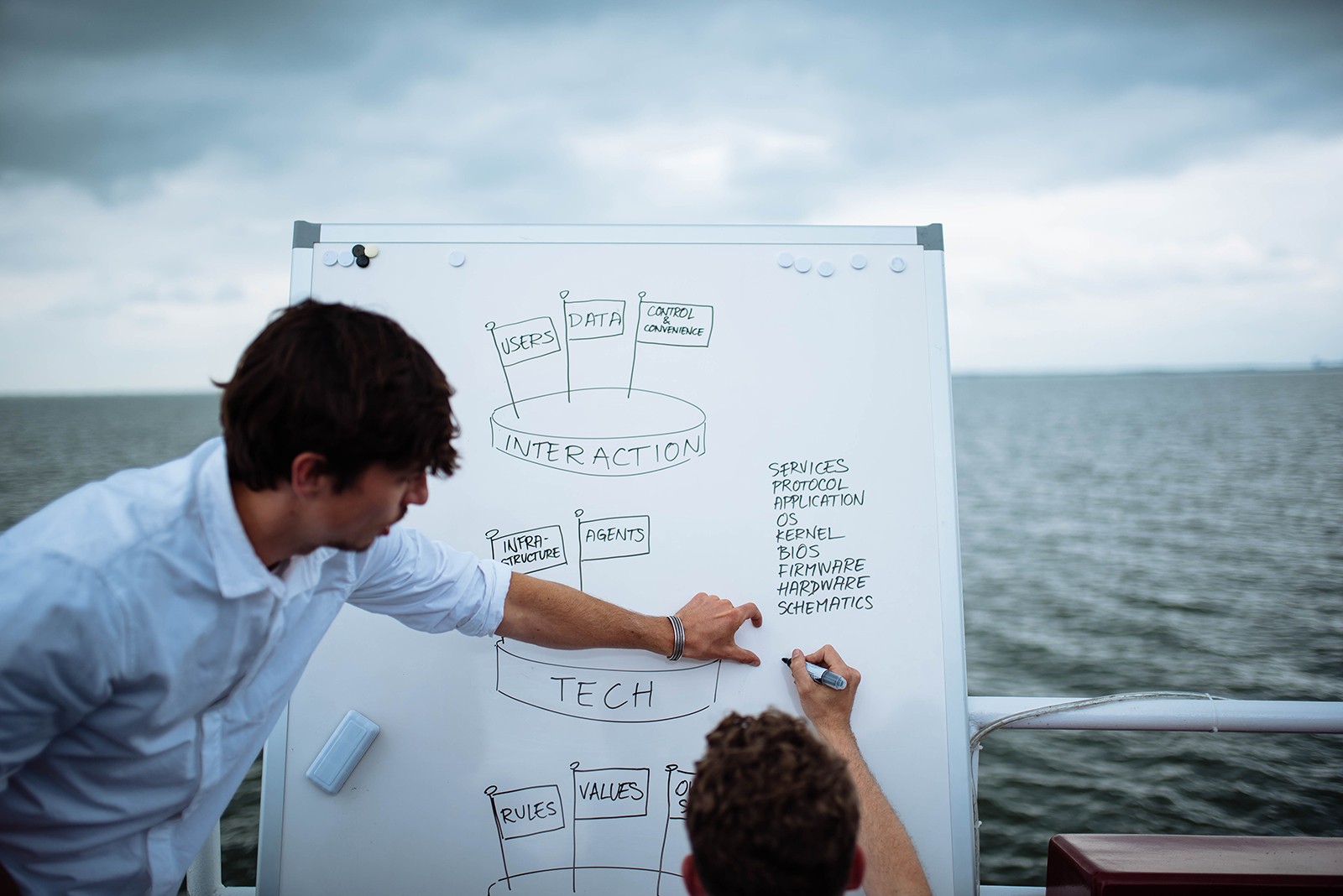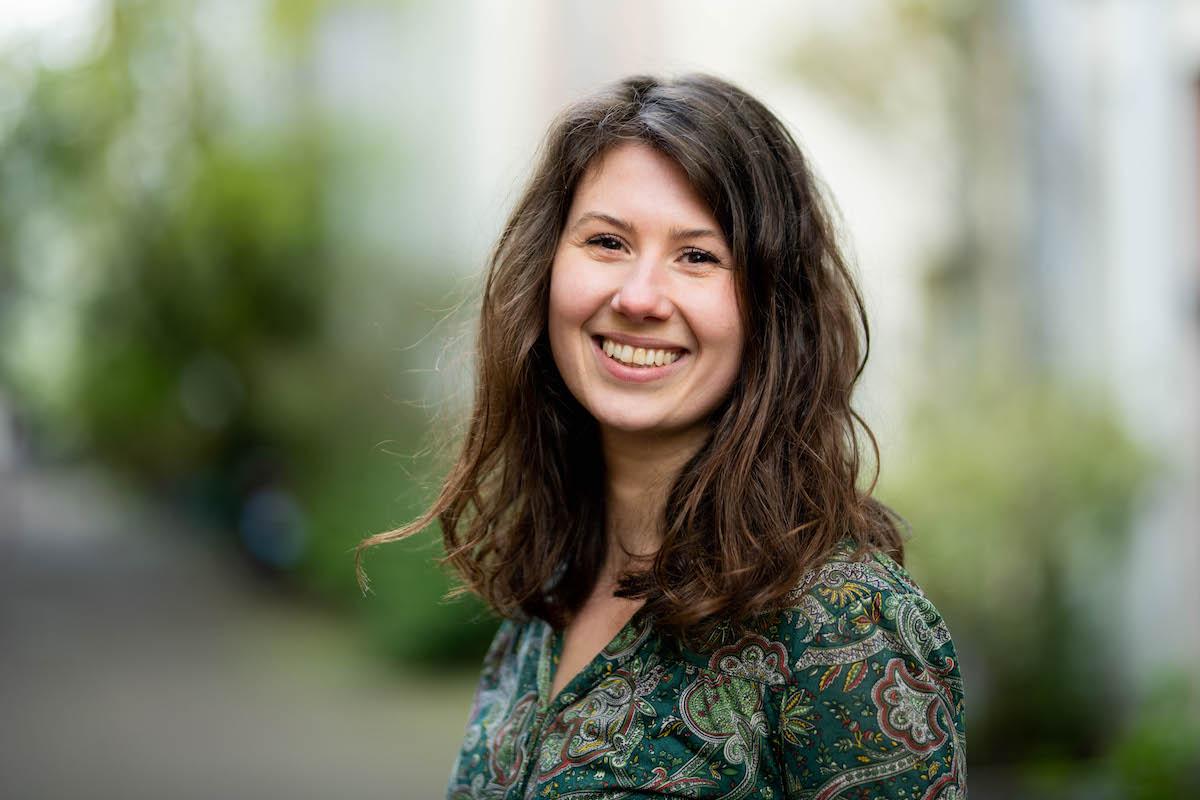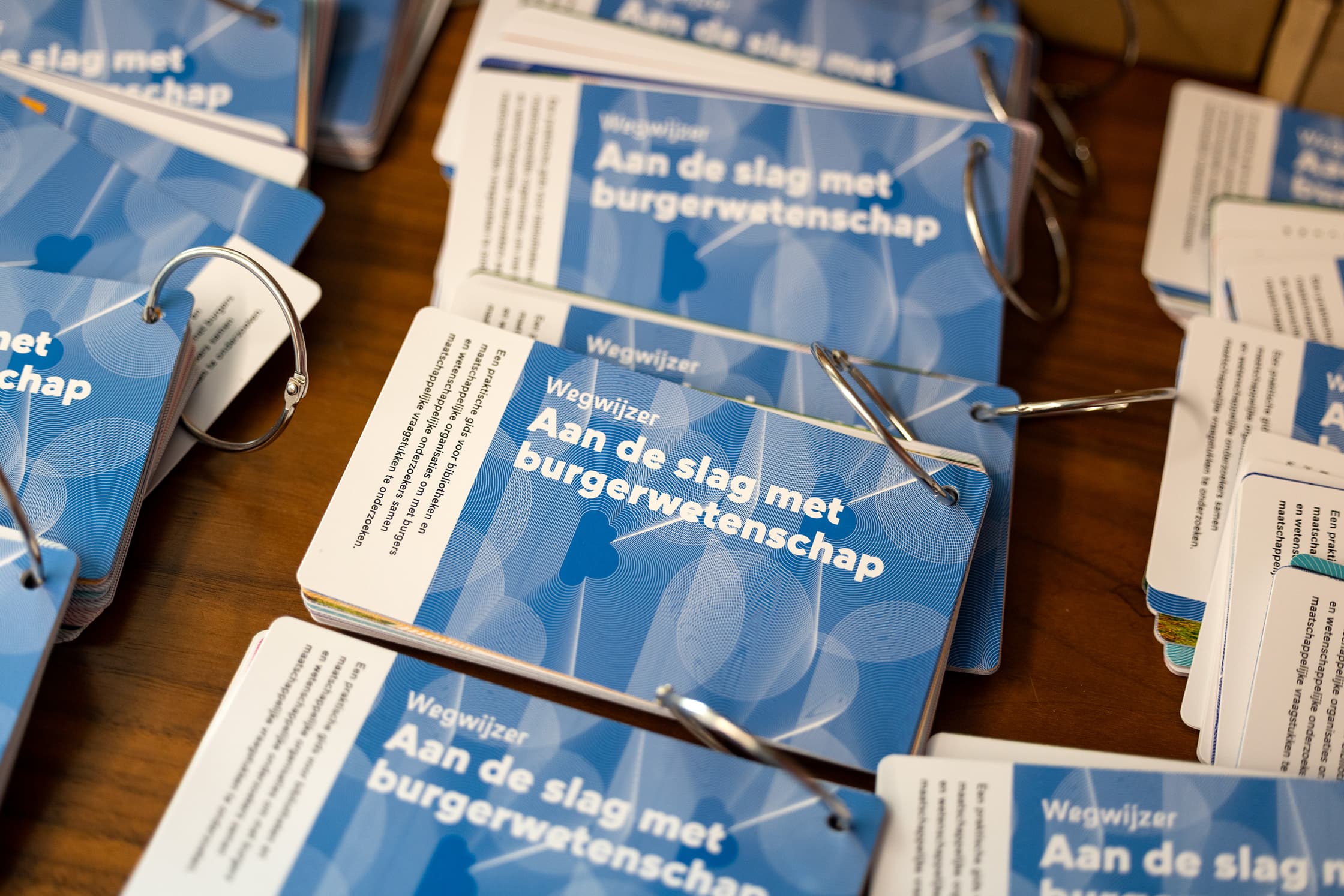Universities and libraries are increasingly collaborating with citizens to create, analyse and disseminate knowledge. This collaboration increasingly uses citizen science: research done with or by citizens. The online environment is an important place where universities, libraries and various groups of citizen scientists can interact.
However, online tools and platforms that safeguard public values are currently lacking. Many platforms and tools are shaped by large technology companies. For example platforms like Twitter or LinkedIn. Their business model is built on collecting and selling data. There is a need for an ecosystem of tools and platforms founded on public values and built transparently.
KennisCloud
KennisCloud is a platform developed by libraries, where communities, (citizen) scientists and knowledge institutions can work together on scientific and societal issues. It is a place where people meet on an equal level, knowledge is developed and connections are established. Meetings and knowledge exchange take place both online on the platform and offline during local knowledge meetings. As a result, KennisCloud offers many opportunities for citizen scientists and scholars to set up collaborations and develop communities around knowledge exchange. But how do users want to use and design this hybrid place?
Waag Futurelab conducted design research into the design requirements needed to further develop KennisCloud. In this research, Waag took the Public Stack model as a starting point. That model exposes the world behind technology: it makes visible which ideas and decisions underlie the design of the product. We call the various technical components needed together to deliver a digital service a stack. This ranges from physical (hardware) and virtual (data) to conceptual (revenue model). The Public Stack model was used to integrate public values into each layer of the KennisCloud stack. In this (re)design process of KennisCloud, Waag involves future users.
Getting started with citizen science
The insights gained from this project on collaboration between researchers, citizen scientists and civil society organisations have been compiled in the Guide: Getting started with citizen science. This is a practical guide for libraries and civil society organisations on how to work with citizens and scientific researchers to investigate social issues.














